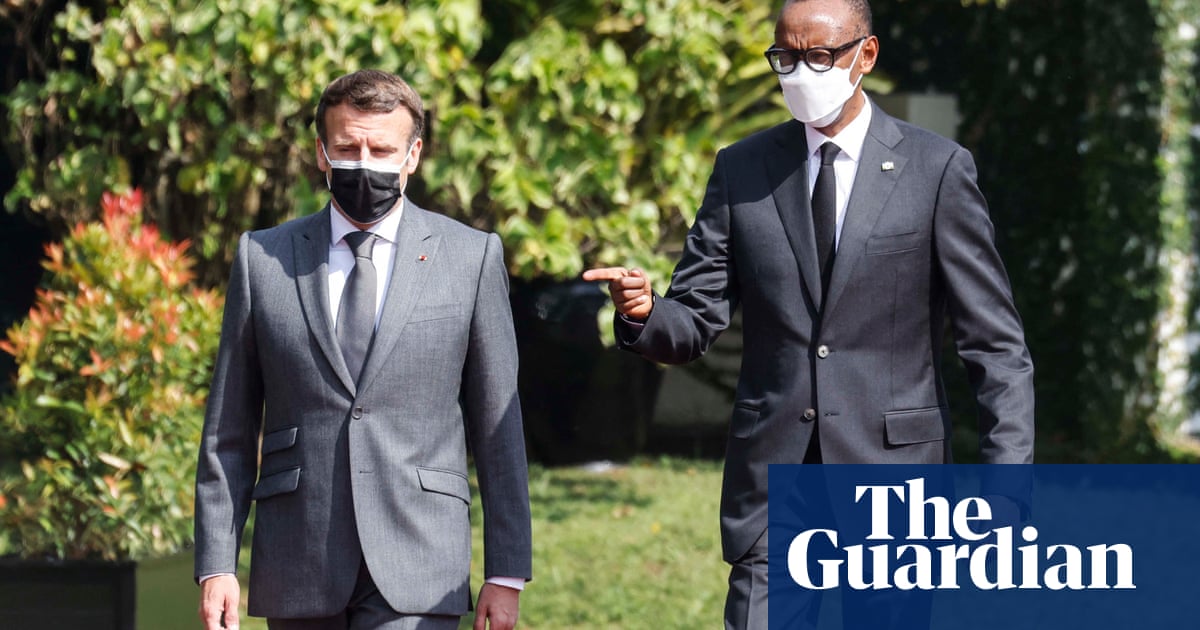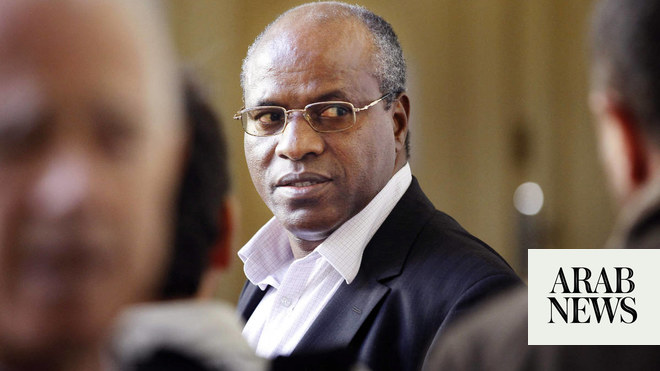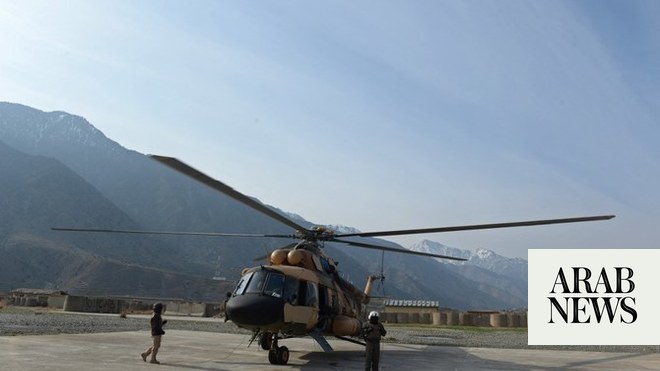
France “bears significant responsibility” for the deaths of hundreds of thousands of people in the Rwandan genocide of 1994 because it remained “unwavering in its support” of its allies even though officials knew the slaughter was being prepared, a report commissioned by Kigali claims.
The accusation is the latest in the continuing dispute between Paris and the small east-African country over the role played there by France before and during the mass killings.
France has long been accused of not doing enough to halt the genocide.
The 600-page report, by the US law firm Levy Firestone Muse, labels France a “collaborator” of the extremist Hutu regime that orchestrated the murders of about 800,000 people, mainly from the Tutsi minority.
The report, which drew on millions of pages of documents and interviews with more than 250 witnesses, found no evidence that French officials or personnel had directly participated in the killing of Tutsis.
It follows the publication last month of a separate inquiry into the same events commissioned by the French president, Emmanuel Macron.
France led Operation Turquoise, a military-humanitarian intervention launched under a UN mandate between June and August 1994. Its critics believe that it was in reality aimed at supporting the genocidal Hutu government.
The French inquiry concluded France had been blinded by its colonial attitude to Africa to events leading up to the genocide and consequently bore “serious and overwhelming” responsibility, but was not complicit in the genocide.
The two detailed reports could mark a turning point in relations between the two countries, despite their contrasting conclusions.
Rwanda’s foreign affairs minister, Vincent Biruta, said the small but strategic country of 13 million people was ready for a “new relationship” with France.
“Maybe the most important thing in this process is that those two commissions have analysed the historical facts, have analysed the archives which were made available to them and have come to a common understanding of that past,” he said. “From there we can build this strong relationship.”
Paul Kagame, the president of Rwanda since 2000, welcomed the recent French inquiry as “an important step toward a common understanding of what took place” but said a decades-long effort by France to avoid responsibility had caused “significant damage”.
Kagame came to power in the aftermath of the genocide after leading rebel Tutsi forces into Rwanda and overthrowing the Hutu extremist regime.
Rwanda and France broke diplomatic ties in 2006 after a Paris judge accused Kagame and nine aides of shooting down former president Juvénal Habyarimana’s plane in April 1994 – the catalyst for the massacre. Rwanda rejected the charges.
The two countries eventually restored diplomatic ties in November 2009.
In May, Félicien Kabuga, a former businessman alleged to have helped finance the genocide, was arrested on the outskirts of Paris by French police working with a UN tribunal.
But in July, an appeals court in Paris upheld a decision to end a lengthy investigation into the plane crash that killed Habyarimana, with whom Paris had cultivated close ties. That inquiry aggravated Rwanda’s government because it targeted several people close to Kagame for their alleged role, charges they denied.
Within a few hours of Habyarimana’s death, extremist Hutu militia began systematically murdering Tutsis and some moderate Hutus, on a scale and with a brutality that shocked the world.
The new report alleges that in the years before the genocide, “French officials armed, advised, trained, equipped, and protected the Rwandan government, heedless of the Habyarimana regime’s commitment to the dehumanisation and, ultimately, the destruction and death of Tutsi in Rwanda.”
French authorities also pursued “France’s own interests, in particular the reinforcement and expansion of France’s power and influence in Africa”, and in April and May 1994, at the height of the genocide, French officials “did nothing to stop” the massacres, says the report.
“The cover-up continues even to the present,” the report added, saying French authorities refused to cooperate with their inquiry or turn over critical documents pertinent to their investigation.












